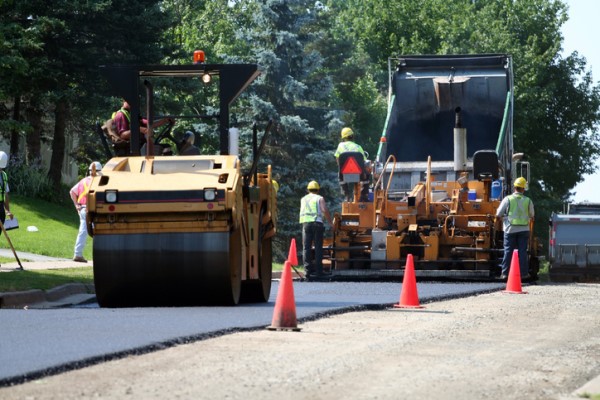Tradies must plan safety strategies for the summer months
SafeWork NSW is urging workers and businesses to start planning for how they will stay safe with predictions for a scorching summer to soon set in.
Employers have the primary duty of care for employees and are encouraged to develop a workplace heat management plan in consultation with their health and safety representatives (HSR) and workers to ensure everyone stays safe when the temperature rises.
“As the weather gets warmer it’s important businesses and workers start to talk about the procedures, they will use to keep everyone safe from heat-related illnesses. We don’t want to see anyone needing medical attention due to heat exposure,” SafeWork head Trent Curtin says.
“Workers are reminded to listen to their body when the temperature rises and to drink plenty of water. You mustn’t replace water with soft drinks, energy drinks or coffee as these can dehydrate you further. If the weather becomes too hot and can’t be avoided, then the job might have to be stopped. Worker safety must come first.”
Heat-related illnesses happen when the body starts to overheat due to working too hard to cool itself down. Symptoms can include a range of progressive conditions such as dehydration, fainting, heat rash, heat cramps, heat exhaustion and heat stroke.
Employers who have workers completing tasks outside must do their best to eliminate extended periods of sun exposure. This could be by providing shade, rotating tasks to reduce exposure, scheduling work to cooler times of the day and providing personal protective equipment such as hats, long sleeve shirts and sunscreen.
Any worker who feels their workplace is unsafe can anonymously report their concerns directly to SafeWork NSW on 13 10 50 or via the ‘Speak Up Save Lives’ app.
Tips on developing a heat management plan and managing extreme heat in the workplace can be found on the SafeWork website.

